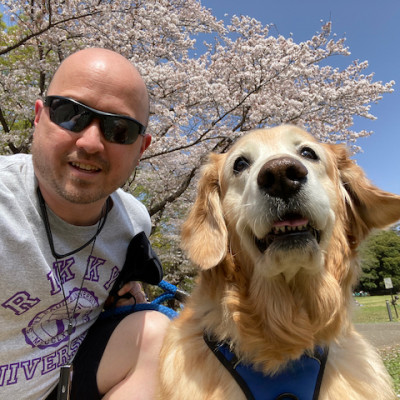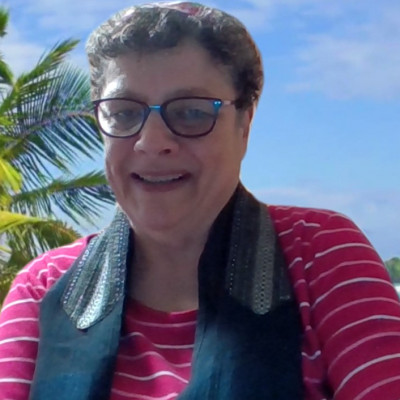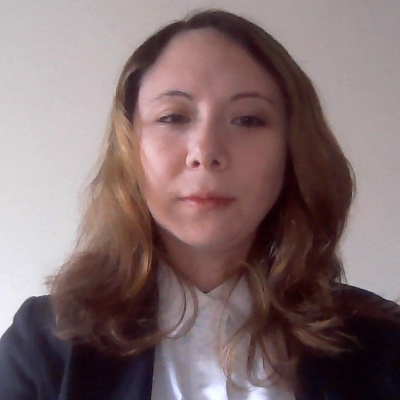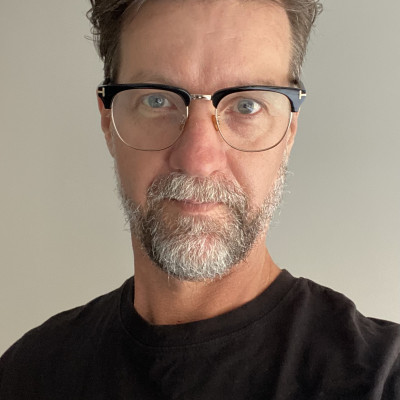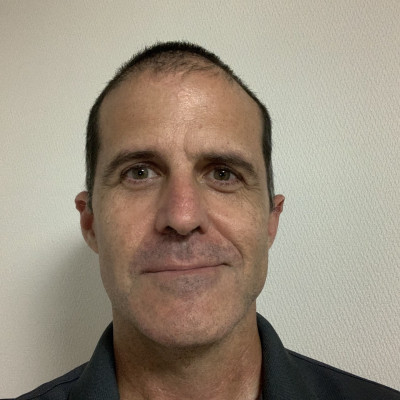Sessions / College and University Education
How Language Assessment Works: Rating Spoken Production Using the CEFR #1903
The Japanese national curriculum specifies balanced teaching of speaking, reading, listening and writing -- and universities are moving towards assessing all four skills. As part of this movement, Tokyo University of Foreign Studies and the British Council have jointly developed a Speaking Test for university entrance purposes called BCT-S, a localised version of the British Council’s global Aptis test. In this hands-on session, attendees will work with tasks, speaking samples and rating criteria from the Aptis test to better understand, in concrete terms, the way these tests rate candidate’s speaking performance using the CEFR descriptors.
Using Zoom to Record On-Demand Teaching Content #1912
Due to the pandemic, many educators became familiar with using Zoom to teach live lessons online. Zoom is also useful for making videos that can be available on-demand to supplement in-class teaching. This workshop will demonstrate how to take full advantage of Zoom's features including using slides as a virtual background. Slide design for optimizing this feature will be demonstrated. Participants can try these features out on their own computers or simply observe. Questions and suggestions from participants are welcome.
Net Gain: Multiplatform Approach to Distance ESP Classes #1909
Remote learning demands teachers be more resourceful, tech savvy, and creative than ever. This session introduces successful, concrete techniques for a productive, student-centered environment at a distance, predicated on original simultaneous interfacing of Zoom and Teams with LMS follow-up. Focus will be on ESP projects (medical, international horticulture majors) including multimedia presentations, tasks, out-of-class online group meetings, as well as alternative testing and large class management techniques. Workshop participants will experience/evaluate games, quick tasks, and projects. They will also view class video clips, and brainstorm ideas to increase the “net gain,” to perhaps make these multiplatform techniques their own.
Presentation Design and Delivery for Improved Classroom Lessons #1913
Although educators invest in knowing the content they teach, they may prepare slideshows as visual aids that are ineffective and counterproductive. Text-heavy slides reflect a knowledge-transfer approach instead of a constructivist approach. This workshop will demonstrate slide design from a multimedia learning perspective (Mayer, 2009) that is more effective. Additionally, tips will be given for slideshow delivery. Participants will be encouraged to ask questions and share ideas in this interactive workshop.
Microsoft Teams and Class Notebooks: Online and Face-to-Face #1900
Microsoft Teams is a fantastic resource for universities with Office 365 subscriptions. Used in conjunction with software available through the subscription, you can create a rich learning environment. This workshop will go through how to set up and get the most out of a Teams course. Topics include creating a Team and Class Notebook, Teams channels, creating and assessing assignments (quizzes through Forms, attached Office files, the Class Notebook), sharing content with Class Notebooks (videos, individual feedback, handouts), and Teams Meetings. This workshop will give you a clear understanding of Team’s capabilities, limitations, and how to use it.
Using Corpora to Create Academic Writing Assignments #1908
Quite often universities require students to write academic essays that students might not be prepared for. Having an assignment sheet with grammatical patterns and commonly used words makes it easier for students to write the required essays. The workshop will focus on creating an assignment sheet for an academic writing topic: this includes vocabulary, collocations, colligations, and patterns. The vocabulary list, collocations, colligations, and frames would come from corpora. It is not necessary to have prior knowledge on how to do searches using corpora as they will be explained in the workshop step by step.
The Power of ‘Obsidian’ – Revolutionising the Way We Take Notes #1910
Note-taking is essential for any academic endeavour. Yet many curriculums fail to teach a systemised and effective approach to this skill. The repercussions are significant, more often than not resulting in substandard work being submitted by students. Inspired by Sönke Ahrens' breakout book 'How To Take Smart Notes', this workshop will cover the principles of taking smart notes and introduce a powerful note-taking app called 'Obsidian' that will help teachers and students alike optimise the thinking process.
Incorporating International Language and Culture Exchanges Into Your Classes #1901
Since 2015 over 25,000 students from 25 countries have participated in the IVEProject, an international online exchange where students use the English they are studying in class to interact with peers around the world. The workshop will showcase the project: the research showing its benefits to linguistic, intercultural and communicative competence; the ways it can be incorporated into your syllabus; and the joy it can bring to students who participate. If you want your students to use the English they are studying in class to interact with others around the world, come to this workshop. It is easy and free-of-charge.
Equity in JALT: Sharing Our Vision #1906
The ability to demonstrate one’s familiarity with diversity and equity practices (DEP) is a great asset on the job market. In this workshop, three members of the JALT DEP Committee will share their expertise in three areas of common concern among JALT members: hiring practices, harassment prevention, and accountability, both personal and organizational. After short presentations on these three areas to establish common ground, participants will be invited to join the group of their choice to discuss related issues. We will then regroup at the end, and each group will share the fruits of their discussion.
Bringing Out Student Creativity Through Speaking Activities With Flipgrid #1907
This presentation will focus on the use of Flipgrid, a mobile application that allows students to record “selfie” video responses to a teacher’s prompt as an option for asynchronous speaking activities. The presenters will discuss their experiences using Flipgrid as graded speaking activities in their English classes at two universities, focusing on the successes and failures. The presenters will lead a discussion that will focus on how Flipgrid could be used in other ways, including in hybrid and f2f classes. Participants will leave with an understanding of Flipgrid and how it could be implemented into their teaching context.
Reflective Practice to Understand Your Teaching and Yourself #1919
This workshop will provide participants with opportunities to engage in reflective practice (RP) to better understand their teaching and themselves. The presenters will explain definitions of RP, highlight Farrell’s six principles of RP (2019), and introduce tools for engaging in RP. Participants will be encouraged to try some tools and share about their respective situations. It is hoped that participants will be motivated to engage in such practices when they return to their own contexts.

